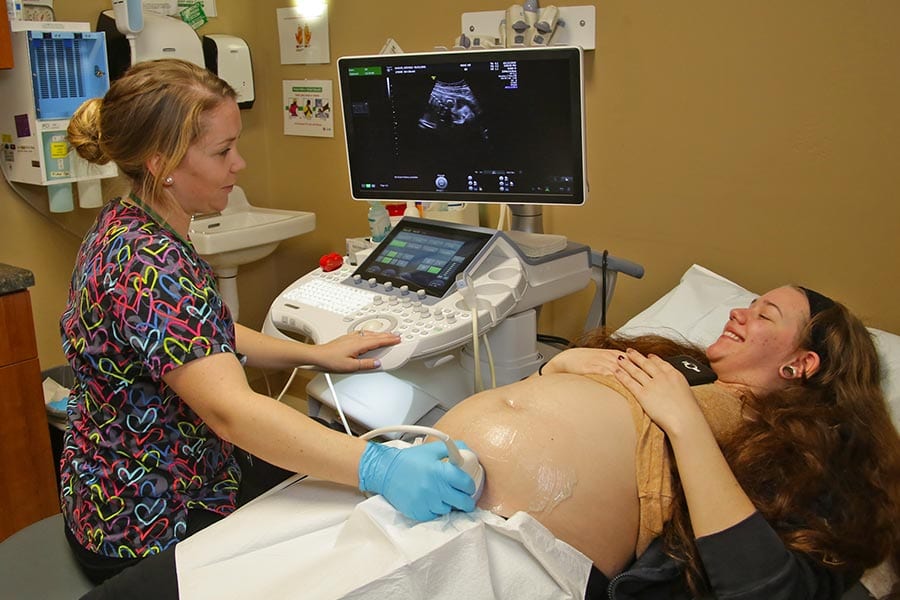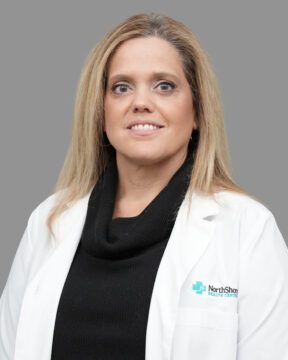Menopause
Menopause marks a natural shift when periods stop due to decreased hormone production. Symptoms like hot flashes, mood swings, and changes in sleep can begin before, lasting years after menopause. Discussing symptoms and medical history with an OB/GYN is crucial to manage this transition and address potential health risks like osteoporosis or heart disease.

Menopause
Menopause marks a natural shift when periods stop due to decreased hormone production. Symptoms like hot flashes, mood swings, and changes in sleep can begin before, lasting years after menopause. Discussing symptoms and medical history with an OB/GYN is crucial to manage this transition and address potential health risks like osteoporosis or heart disease.


















